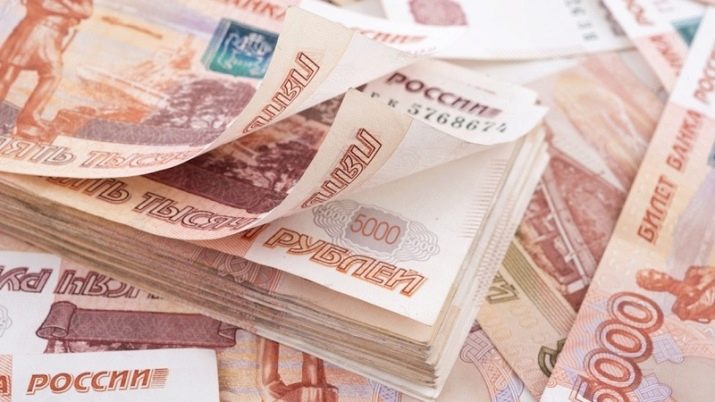All About Civil Aviation Pilots
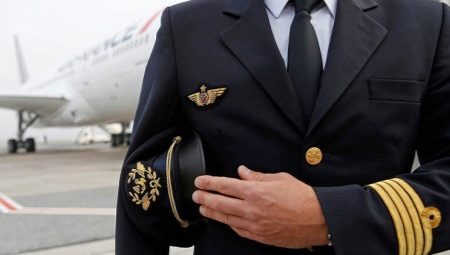
Knowing everything about the profession of civil aviation pilots is very important and instructive, despite all the romance. It is necessary to understand exactly how to become a pilot, how to study the profession of a pilot in Russia, which pilot schools to apply to. It is also necessary to consider what are the pros and cons of how to get a job as an aviator.
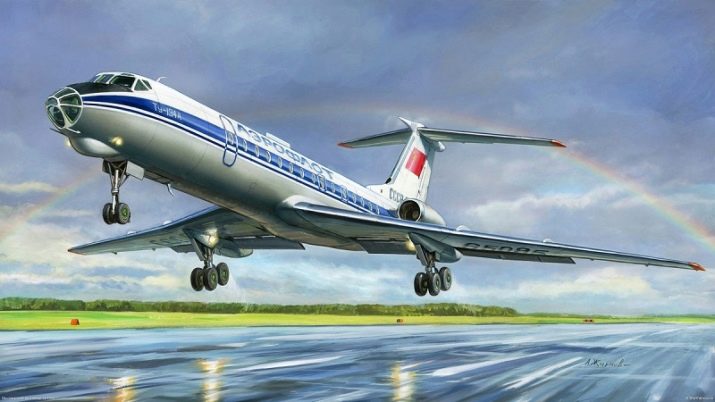
Advantages and disadvantages
If you ask the most ordinary people what they associate with the profession of a pilot, then most of the first points will be called "romance". However, this view is characteristic mainly of those who do not know the inner "kitchen". Those who have already observed the separation from the lane from the cockpit more than once know that this is a very strict and responsible work, not entertainment. Of course, the pilot's income is higher than that of many representatives of the ground profession. But the requirements for them will be very strict (but more on that later).
The prestige of the pilot's profession is also evidenced in favor. At the same time, the invariably present risk can be considered a disadvantage. Equipment failures and terrorist actions, interstate conflicts and mistakes of meteorologists, miscalculations of engineers, air traffic controllers, negligence of assemblers, repairmen and airfield personnel are just the main dangers. And worst of all, the pilot is not in a position to influence many sources of threats, their combinations at all. It should also be borne in mind that flights have a detrimental effect on health.
Dry and thin air at altitude, constantly sitting position, probable overload, rapid change of time zones negatively affect even the strongest organism. Sometimes an unforeseen situation turns into severe stress. Passengers never learn about the vast majority of such cases, however, the force of the blow to the nervous system does not decrease because of this. Moreover, pilots rarely see family, relatives and friends, and when vacation time comes - even though it is up to 70 days, aviators are forced to keep themselves constantly in shape.
Finally, aviation is not a profession for life, and it is unlikely that anyone will be allowed to take to the skies professionally after 50 years.
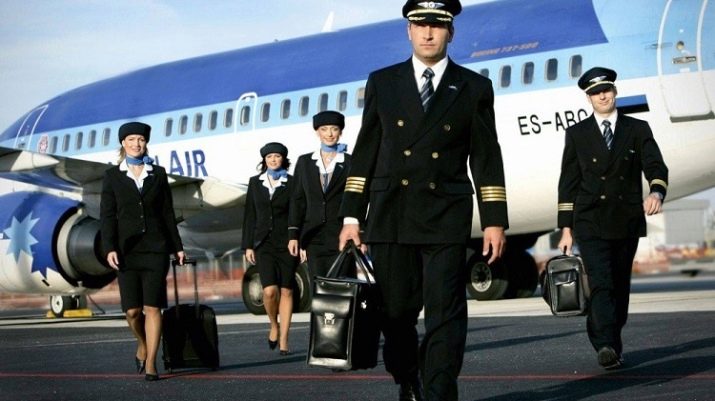
Selection criteria
Of course, a special medical commission will be required before entering an educational institution. She evaluates potential applicants very strictly. So, those whose visual acuity will be less than 0.8 on the ophthalmological scale have no chances to do so. But higher professional education is not required - there is enough specialized secondary education, therefore even those who have completed 9 classes can go to study. They will even in a sense enjoy an advantage, because the sooner a person comes to the position, the longer he will work there.
As for the medical flight commission, it weeds out everyone who finds at least insignificant deviations:
- in the work of the heart and blood vessels;
- visual perception;
- hearing;
- respiratory function;
- the nervous system in general and the vestibular apparatus in particular.

But of course, the matter is not limited to one medical control. Psychological tests play a huge role. People who are even potentially prone to panic, reckless actions, or who will wait for someone's advice in a critical situation have no place in the cockpit. The speed of the reaction is also checked. An additional part of the checks is related to the establishment of the physical condition of future aviators.
You will have to run, jump, do push-ups, pull up on the bar and perform other physical exercises. The test program is strict - almost like that of professional athletes of the national level. The standards are chosen in accordance with the age and gender characteristics of the candidates. Important: the test takes place not only during enrollment, but also in the learning process. Everything is quite obvious: the worse the condition of the heart, lungs, hematopoietic and muscular system, the more difficult it will be for a person to work with a rapid change in height.
The widespread belief that "girls have no place in the sky" is just a prejudice. In fact, there are no formal restrictions. Admission and subsequent training, dropout in physical form and possession of special knowledge - on a general basis.
It is worth considering, however, that prejudices overwhelm the representatives of the admission commissions, and the administration of educational institutions, and the management of airlines. You will have to prove your competence, usefulness and general professional suitability every day.
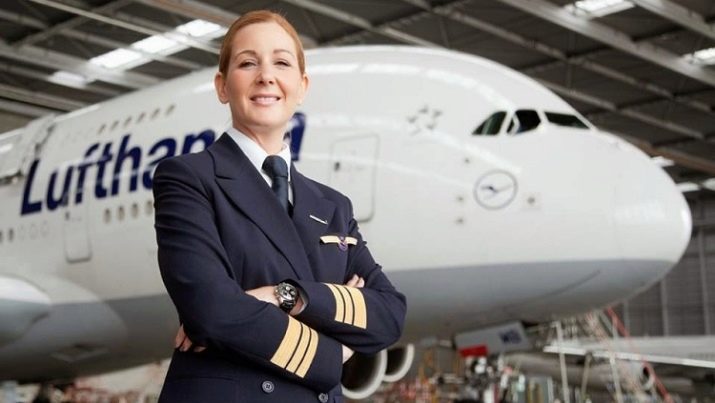
Where do they teach?
In Russia there are only 5 schools where they offer to become a pilot of civil aviation. Similar training is conducted at 1 university in Moscow, St. Petersburg and Ulyanovsk. (This also includes the branches of these universities). But one must understand that a lot depends on a specific specialization. Civil aviation pilots can also be helicopter pilots.
Pilots of passenger aircraft in St. Petersburg are trained at the University of Civil Aviation. In Ulyanovsk, the higher aviation school performs the same function. It will take exactly 5 years to attend these best specialized educational institutions in Russia. Also, after school, they teach pilots in:
- school in Sasovo;
- Omsk College of Civil Aviation;
- Krasnokutsk school;
- school of the city of Buguruslan.
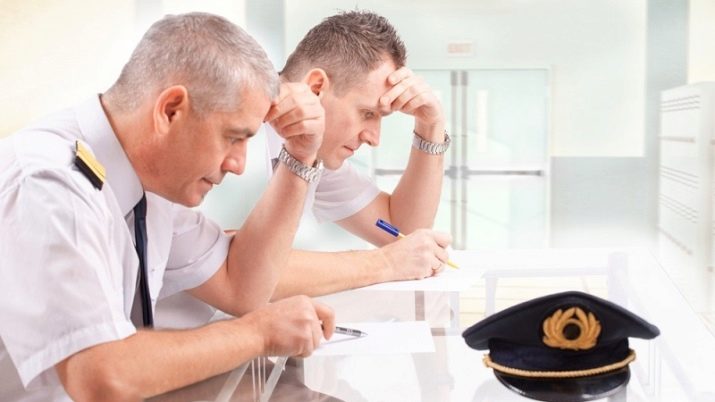
How is the study going?
The educational process itself includes, of course, both theory and practice.Even before you sit at the helm, start plotting a route or maintain contact with the ground, you will have to study general aerodynamics, general principles and methods of using aircraft, and design features of engines. There is also a universal subject - the theory of aircraft control. Additionally, you will need to master cartography and the ability to make routes. An equally important role, of course, will be played in flight by understanding the basic points of meteorology, the essence of professional terms and the logic of the development of processes in the atmosphere.
In flight and even when the aircraft is on the ground, a variety of emergency situations can occur. And therefore, the pilot is required to be proficient in the skills of emergency first aid. Of course, in modern aviation there is nowhere without foreign languages, primarily English. Even if it is not possible to grow to the pilot of international lines, it may always be necessary to negotiate with the crews of foreign aircraft, for example. There are other disciplines, of course.
Their composition in each educational institution is determined individually. Naturally, the process is not limited to the development of flight simulators. With all the possibilities of modern professional simulators, you will have to take the wheel already in the process of study, and more than once. Another additional point is the performance of parachute jumps - without this, you also cannot become a pilot. The rest of the positions are best learned in a specific curriculum.
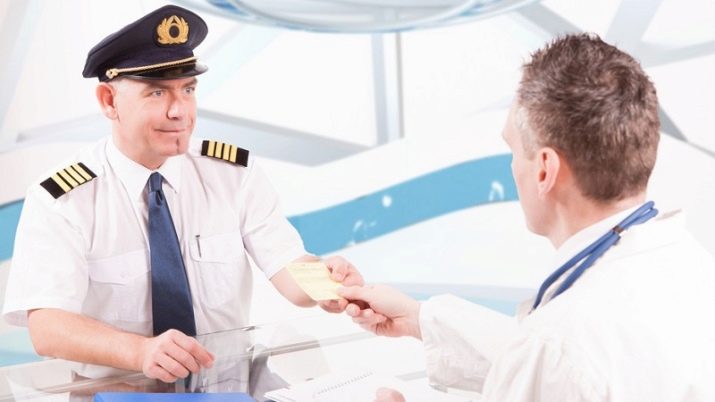
How to get a job?
But getting a diploma and training flights are only half of the worries of future aviators. Carrier companies have very strict requirements for civil pilots. They only consider candidates with excellent training results, school references, and actual piloting experience. The required number of hours in each airline is assigned separately and may vary. Naturally, it is greatest in intercontinental transportation.
Schools and universities (and even foreign analogs!) Cannot provide all cadets with 300 - 400 flight hours. But you still have to make the most of the opportunities that are provided. A decisive step in gaining experience is the proposal from regional carriers. The shortage of personnel in them is so acute that diligent cadets are hired with a high probability. This is the most common way to start a pilot's career.
Of course, hardly anyone strives to remain a pilot of local airlines throughout their professional life. But moving into serious companies will require proof of solid piloting skills. Therefore, at least six months, and ideally, a year or two will have to fly over short distances. This time should be used not only for honing aircraft control skills.
You will have to look for recommendations and improve your knowledge of foreign languages (it is extremely useful not to be limited to English).
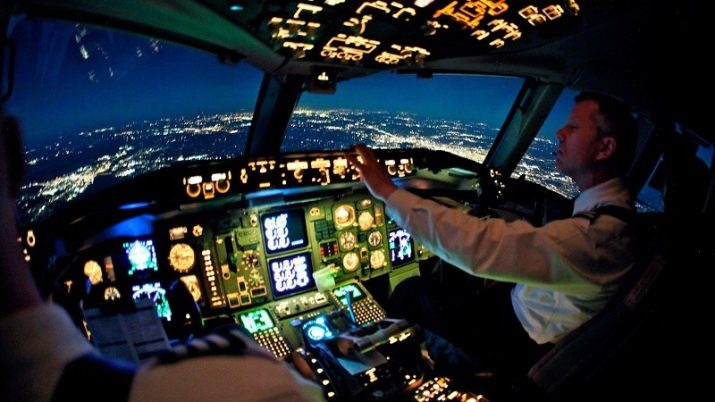
What is the salary and what does it depend on?
On average, civil aviation pilots earn 75 - 300 thousand rubles a month. Such a wide variation arises due to the influence of many factors. The most important of them is the airline where the pilot gets a job. Small regional and interregional firms rarely have large budgets. But large national and international airlines usually care about the prestige, even in the professional community.
Of course, the larger and more difficult the plane is to fly, the higher the income of the crew. Additionally, rewards are introduced for hours spent in the air. It is now generally accepted that the absolute norm is 65 hours per month. Anything beyond this must be paid additionally. But here, of course, the commercial policy of the carrier is already playing a role.In some cases, additional payments are possible for an unplanned flight, for work in hard-to-reach regions (primarily in the mountains or in the Arctic), however, it is unlikely that commercial companies will be so generous.
There is also a difference between the crew members. The pilot-in-command earns the most, slightly less, the income of the co-pilots. Both of them are much inferior to aircraft technicians (flight engineers), radio pilots and navigators. However, in most cases, the commander and co-pilot perform the flight on a passenger liner, even aircraft technicians on modern aircraft may not be part of the crew. If the company pays for each flight separately, then the rates for regular and charter flights may differ significantly.
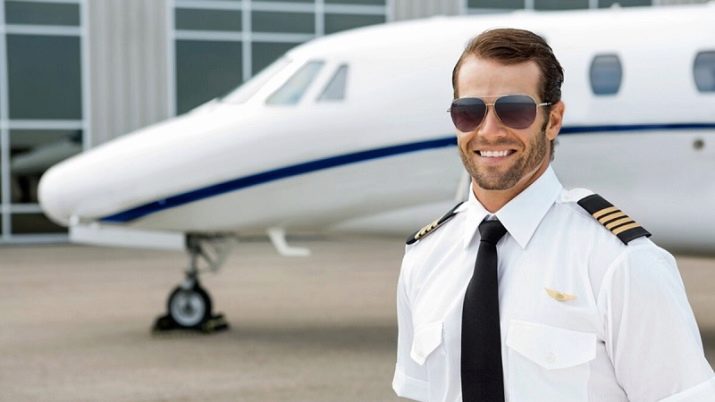
For cross-border flights, even with the same distances, they pay more than within the country. However, the pilot will be able to claim this only after flying 1,500 hours or more within Russia. It is possible to become an aircraft commander only after 4000 hours in the co-pilot's seat. It should be noted that in addition to direct payments, the same Aeroflot uses the following forms of incentives:
- extinguishing debts to other companies;
- one-time lifting;
- assistance in placing children in kindergarten;
- social package;
- corporate housing (if it is not in the home city);
- branded medical care not only for staff, but also for their families;
- sanatorium vouchers (also for family members);
- payment for life and health insurance;
- corporate retirement savings programs.
In Utair, aircraft commanders are paid 200 thousand rubles. The co-pilots' income ranges from 100 to 150 thousand rubles. An increase in payments is expected in the near future. It should also be mentioned that payments in any airline are influenced by the category of developed airfields, length of service.
Domestic carriers widely use bonuses to flight personnel on a quarterly basis.
